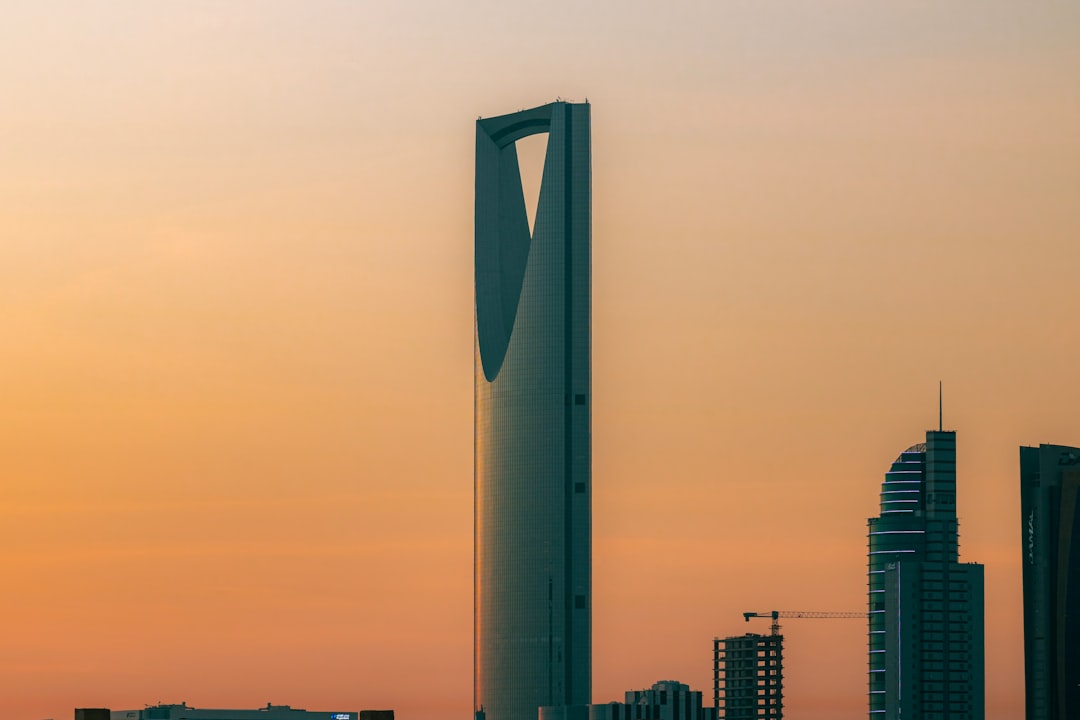Trump Elevates Saudi Arabia to Major Non-NATO Ally Status
Former President Donald Trump’s designation of Riyadh as a Major Non-NATO Ally (MNNA) has cemented Saudi Arabia’s strategic partnership with the U.S., unlocking advanced military cooperation and reshaping Middle East geopolitics. The move, though controversial, highlights Washington’s prioritization of security over diplomatic tensions.
What Saudi Arabia Gains from MNNA Status
The MNNA title—shared by only 18 nations like Israel and Japan—offers Saudi Arabia:
– Expedited arms deals: Faster access to advanced U.S. weaponry.
– Defense collaboration: Joint training and priority in military procurement.
– Regional influence: Stronger footing against Iran and its proxies.
Why the U.S. Upgraded Saudi Ties Now
Three key factors drove Trump’s decision, with lasting implications:
1. Countering Iran: Riyadh serves as a Sunni counterweight to Tehran’s nuclear ambitions.
2. Oil security: Saudi crude remains vital to global markets and U.S. energy stability.
3. China’s expansion: The move aims to counter Beijing’s growing Gulf influence.
Backlash: Human Rights vs. Realpolitik
Critics highlight Saudi Arabia’s contentious record:
– Yemen war: U.S.-backed campaigns linked to civilian deaths.
– Khashoggi killing: Journalist’s murder strains U.S.-Saudi relations.
– Domestic repression: Crackdowns under MBS draw global condemnation.
Despite ethical concerns, strategic interests prevail, reinforcing the alliance.
Biden’s Balancing Act
While initially critical, the Biden administration has pragmatically upheld MNNA status amid:
– Ukraine war: Need for stable Gulf oil supplies.
– OPEC+ tensions: Riyadh’s role in global energy markets.
Middle East Ripple Effects
- Israel: Could accelerate behind-the-scenes normalization.
- Gulf rivals: UAE and Qatar may seek similar U.S. perks.
- Iran: Condemns the move as U.S. endorsement of Saudi “aggression.”
Future Challenges
- Can Saudi Arabia curb regional aggression to placate Washington?
- Will the U.S. reconcile security needs with human rights demands?
- How will China and Russia react to strengthened U.S.-Saudi ties?
As Middle East dynamics evolve, the MNNA designation ensures Riyadh remains a cornerstone of U.S. strategy—despite the controversies.




